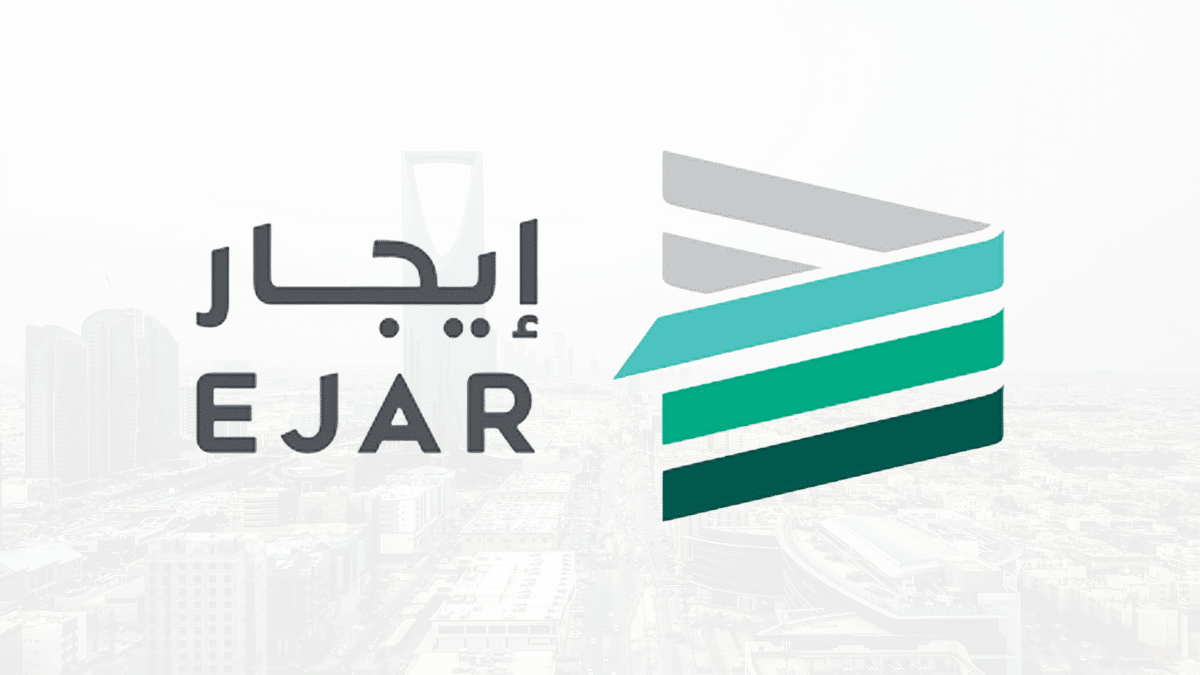Legal responsibilities and risks in renting contracts
If you are an expatriate living in Saudi Arabia and renting a house or apartment, you may find it challenging to navigate the legal system around rental agreements. One of the most important things you need to know is that all rental contracts must be registered through the Ejar platform, which was designed to safeguard the rights of both landlords and tenants. However, many expatriates don’t realize the legal consequences of failing to pay their rent on time. In this article, we’ll explore what can happen if you miss your rent payment in Saudi Arabia and how you can prevent legal problems.
The Ijar platform: what it is and why it matters
The Ejar platform is an online system in Saudi Arabia that connects rental agreements to the Absher system. This system was implemented by the Ministry of Housing to protect the rights of both tenants and building owners. According to this system, all rental contracts must be registered through the Ejar platform. This means that if you rent a building through this system and are unable to pay your rent on time, you could face legal trouble.
Legal protection for building owners
Building owners have legal protection if their tenants fail to pay rent on time. After 15 days from the deadline to pay the rent amount, the building owner can ask the tenant to pay the amount as per the agreement and can proceed to court proceedings after 30 days. Courts in Saudi Arabia provide legal protection for building owners who file a case against their tenants after attaching the rental agreement through the Law Ministry’s Najiz portal.
Consequences of not paying rent on time
If a tenant is unable to pay their rent on time, the building owner can file a case against them. If the case is accepted, a message will be sent to the tenant’s mobile number giving them a five-day deadline to make the payment. In case the money is not paid, the tenant’s bank accounts will be frozen after the court informs the central bank. If money in the account, the money will be transferred to the building owner’s account. In case there is no amount, the account will remain frozen until the payment is made. The travel ban will continue for up to 10 years.
How to avoid legal trouble
To avoid legal trouble, it’s important to pay your rent on time. If you’re unable to pay on time, communicate with your landlord or building owner to discuss possible solutions. It’s also a good idea to educate yourself on the Ijar platform and how it works. If you’re still unsure about the legal framework around rental agreements in Saudi Arabia, seek legal advice.
Conclusion
Renting a house or apartment in Saudi Arabia can be a complicated process, but understanding the legal framework around rental agreements can help expats avoid legal trouble. The Ijar platform was put in place to protect the rights of both tenants and building owners, and it’s important to educate yourself on how it works. If you’re unable to pay your rent on time, communicate with your landlord or building owner to discuss possible solutions. By taking these steps, expats can ensure a smooth and trouble-free renting experience in Saudi Arabia.
More from KSAexpats.com:
